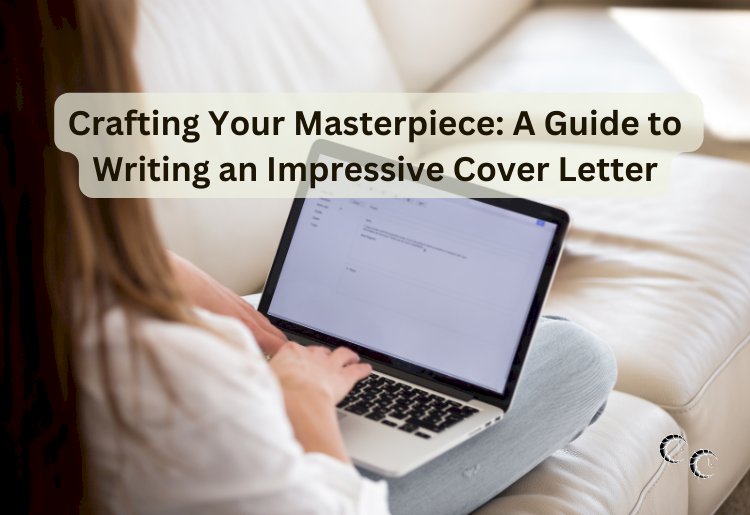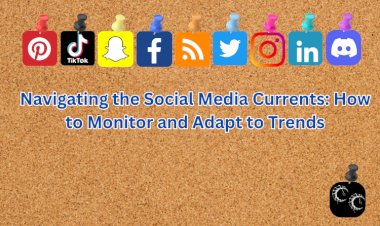Crafting Your Masterpiece: A Guide to Writing an Impressive Cover Letter

Hey all you out there in Cyberspace!
Let's dive into one of the most crucial components of your job application: the cover letter. While your resume provides a snapshot of your qualifications and experiences, your cover letter is your opportunity to showcase your personality, passion, and interest in the position. In a sea of applications, a well-crafted cover letter can make all the difference in grabbing the employer's attention and setting you apart from the competition. So, let's roll up our sleeves and delve into the art of crafting an impressive cover letter that leaves a lasting impression.
First and foremost, it's essential to personalize your cover letter for each application. Generic, one-size-fits-all cover letters are easily spotted by hiring managers and can signal a lack of genuine interest in the position. Take the time to research the company and tailor your cover letter to highlight why you're the perfect fit for the role and how your skills and experiences align with the company's values and mission.
Start your cover letter with a strong opening that immediately grabs the reader's attention. Avoid clichés and generic greetings like "To Whom It May Concern" or "Dear Hiring Manager." Instead, try to address the hiring manager by name whenever possible. If you're unsure of who will be reading your application, a simple "Dear [Company Name] Hiring Team" can suffice.
Next, dive into the body of your cover letter, where you'll have the opportunity to showcase your enthusiasm and qualifications for the position. Start by introducing yourself and briefly explaining why you're excited about the opportunity. Then, highlight specific experiences, skills, and achievements that demonstrate your suitability for the role. Use concrete examples and metrics whenever possible to quantify your accomplishments and illustrate your value proposition.
One common mistake many applicants make is simply regurgitating the information from their resume in their cover letter. Instead, use your cover letter to complement your resume by providing context and insight into your professional journey. Share anecdotes or stories that illustrate your passion for the industry or your dedication to professional growth and development.
Finally, wrap up your cover letter with a strong closing that reiterates your interest in the position and expresses gratitude for the opportunity to be considered. Avoid being too pushy or demanding, but do express enthusiasm and eagerness to further discuss your qualifications in an interview.
Before sending off your cover letter, be sure to proofread carefully for any typos or grammatical errors. A well-written, error-free cover letter demonstrates attention to detail and professionalism—a trait that's highly valued by employers.
So, to all you job seekers out there, remember: your cover letter is your chance to make a memorable impression and showcase your unique personality and passion for the role. With these tips in mind, you're well on your way to crafting a masterpiece that grabs the employer's attention and sets you apart from the competition. Happy writing!






























